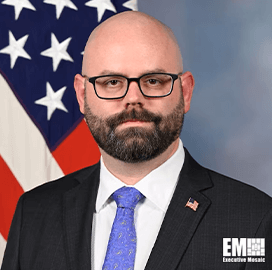The Biden administration issued a memorandum to promote the radio frequency spectrum as an essential element of wireless technology modernization.
The White House on Monday unveiled the National Spectrum Strategy, which calls for private-public collaboration over spectrum access, management and research and development to keep the country at the forefront of global wireless technology.
The strategy includes four pillars focused on building a spectrum pipeline; devising long-term plans with cooperation among the Federal Communications Commission, National Telecommunications and Information Administration and industry stakeholders; fostering innovation; and elevating national awareness.
The administration also intends to create a nationwide dynamic spectrum sharing testbed in the next 12 to 18 months to advance research on the technology. The government will establish national spectrum R&D and workforce plans in support of the new strategy and its objectives.













